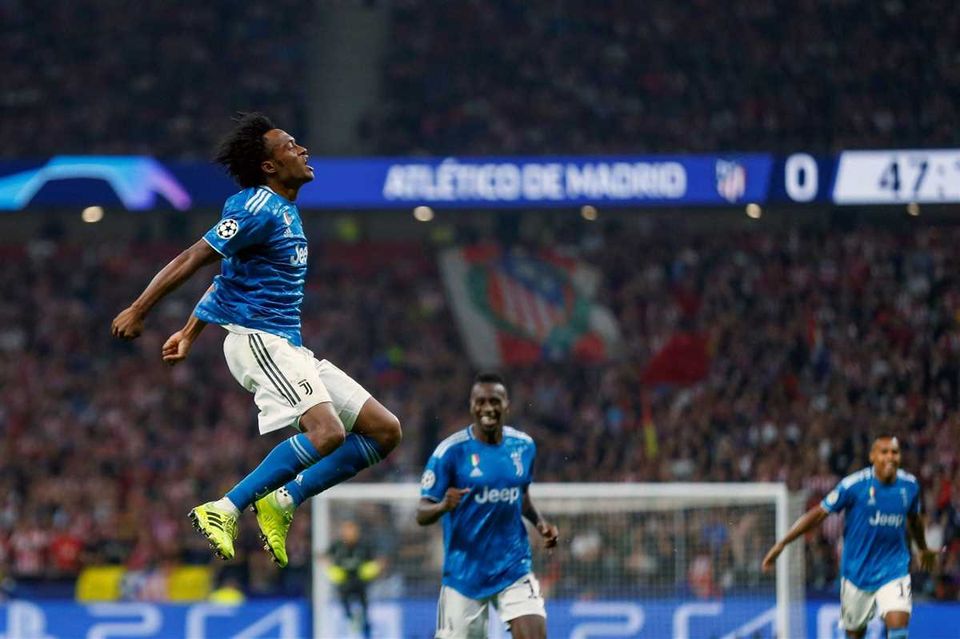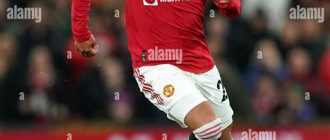In today’s dynamic environment, certain athletes stand out not just for their skills, but for their adaptability across various positions. Their contribution goes beyond the usual boundaries, bringing a fresh perspective to the game and offering tactical flexibility to teams.
One such example is a player known for mastering multiple roles on the field, showcasing both defensive stability and offensive support. This rare combination of abilities makes them indispensable in high-pressure situations, where strategic versatility can turn the tide in favor of their team.
The impact of such players on the modern game is profound, influencing the strategies and approaches of coaches who rely on them to fill gaps, adapt to different situations, and consistently perform at a high level. Their importance in both domestic and international competitions cannot be overstated.
Impact of Defensive Role in the Team
Strong defensive presence plays a crucial role in ensuring the team’s success. The ability to read the game, make timely interceptions, and cover gaps in the backline significantly influences overall performance. Solid defensive tactics provide stability and relieve pressure from the midfield and forwards.
When defenders stay alert and maintain their positioning, they create a solid foundation for the team to build attacks. Defensive contributions often go unnoticed but are essential for achieving balance on the field. The influence of a reliable defensive player can shift the dynamics of any match, making their role indispensable.
Footwork and Defensive Skills Analysis

Mastery of movement and defensive techniques are key factors in excelling on the field. Effective use of positioning, balance, and awareness allows players to create a strong defensive presence, enabling them to anticipate and react to opposing plays efficiently.
Agility and quick reflexes are critical in intercepting passes and blocking shots. A player’s ability to read the game and make split-second decisions can often determine the success of a defensive strategy.
The use of controlled movement helps in maintaining pressure while avoiding unnecessary fouls. Players often rely on precise coordination to outmaneuver attackers, staying compact and composed under pressure.
Key Strengths in Handling Opponents

One of the defining aspects of this player’s skillset is the ability to neutralize challenges effectively. His technique in defensive play is grounded in intelligence, agility, and strategic positioning, which allows him to manage various threats with precision and control.
| Strength | Description |
|---|---|
| Positioning | Constantly finds himself in the right place to disrupt offensive movements. |
| Tactical Awareness | Reads the game well, predicting opponents’ next moves. |
| Physical Agility |






